Hello Friends, This Is The Long Awaited Tutorial On Line-Quality, Art-Style, And Same-Face-Syndrome.
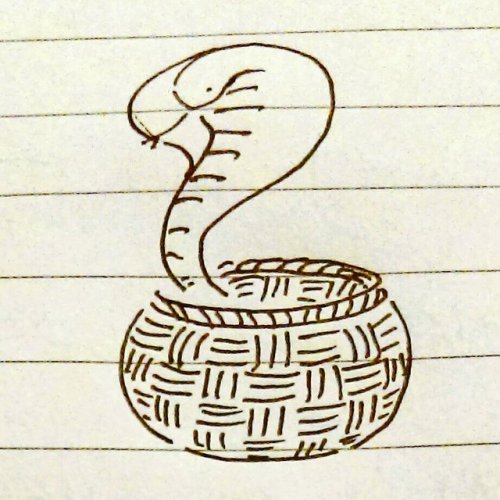
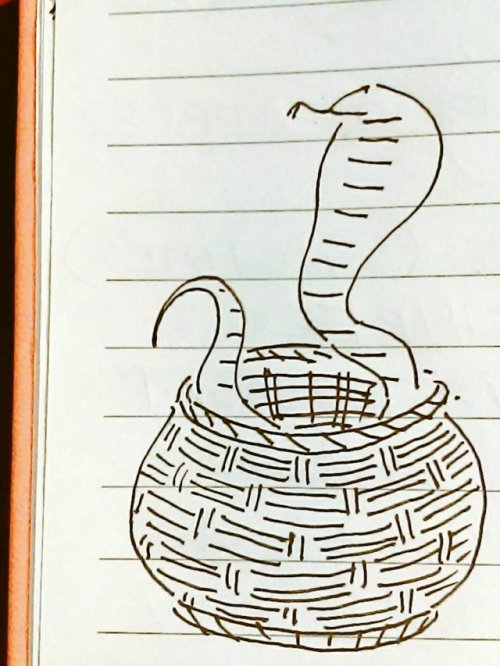
Hello friends, this is the long awaited tutorial on Line-Quality, Art-Style, and Same-Face-Syndrome.
Line-Quality is improved by building Muscle-Memory.
You build muscle memory through Drawing-Exercises.
Art-Style is developed over time through Observation and Routine.
Routines such as… Drawing-Exercises.
And now for… the Ultimate Drawing-Exercise-Routine!
It’s called Snake-In-A-Basket!!
Draw any kind of snake inside of any kind of basket. You have 5 to 20 minutes to complete it before each/every Big-Serious-Illustration to tackle. No more, no less time!
Draw it… NOW!

(my example that I drew in GIMP)
Art-Style is not necessarily what you think it is. A fairly common style issue discussed in artist circles is the inability to draw the same character twice while retaining their likeness or the lack of uniqueness which makes our art (recognizable) distinguishable from another’s “oh! YOU drew this!”.
Here are the fastest pathways to attaining the elusive Art-Style:
Repetition!!!!!
Recurrence-of-Thematic-Elements (everyone is sad, robots, someone is always shirtless, etc)
Same Color-Palette used for everything you draw
Same-Tools (line width, brush set, same paper, canvas size)
or Same-Program
(examples of palettes!! you can’t go wrong with having a rainbow)

Some Amount of Explanation:
If you draw on the same size or same scale (A6, A5, A4, A3 | B6, B5 | Letter) or in the same orientation (Landscape or Portrait), it helps you learn Composition intuitively by training you to make use of the space you have. Also it’s easier to print out and frame if you draw on common photo print sizes 4x6, 8x10, etc.
Even if you make a lot of use of Blend/Blur and you’re more of a Painter than a Cel-Shader– deciding to use a Set Personal-Default-Color-Palette instead of randomly choosing them on the Wheel/Triangle-Thing will still give you enough stable consistency.
Onto the next thing!
Same-Face-Syndrome is normally caused by one of two things. If it’s not one then it’s the other: Same Shapes or Same Details.
To make noticebly different characters you have to Exaggerate.


Circle, Square, Triangle, Rectangle? Short, Wide, Tall, Thin?
Before you try your hand at drawing any Face or Body Type, draw another Snake-In-A-Basket first.

You think I’m joking?
No. I’m not.

So to wrap up, you need to Warm Up to draw, you need to make a color palette and stick to it –or just use the same Crayola pencils, or the same kind of Bic pen, same kind of sharpie, .7 or .5, and have themes like “plaid flannels for everybody” or “hoodies and jeans”. Find those things you can execute consistently, like hatching or stippling, and if you like it, stick with it!
Hope this helps!
Now draw a SNAKE-IN-A-BASKET!
More Posts from Dagothurofficial and Others
About 10 years ago I was working for a gaming company doing creature design. After work, I would go home and dissect animals in my garage. I borrowed a tiger carcass from a local taxidermist. I wanted to understand how the jaw muscles worked, so I stop motion animated it.

The muscle on the back of the head (Temporalis) bulges out when the jaw is closed. But when the is jaw is open, it depresses in like the surface of a trampoline. But not uniformly, in a Y shaped pattern.

I ended up getting evicted for stop motion animating tiger parts in my garage…..but it was worth it. I still have hard drives full of animal carcasses reference animations today. Fun Times.

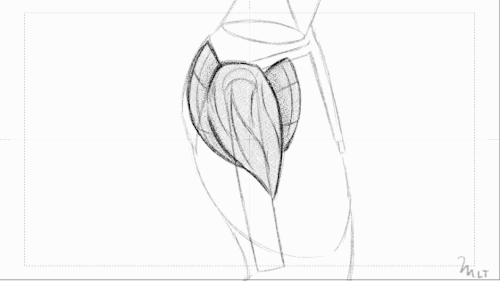


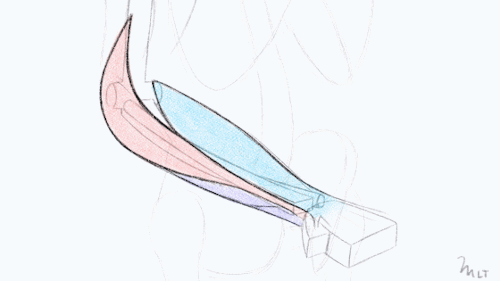



All the arms and hands studies and practices I did to level up my anatomy drawing.
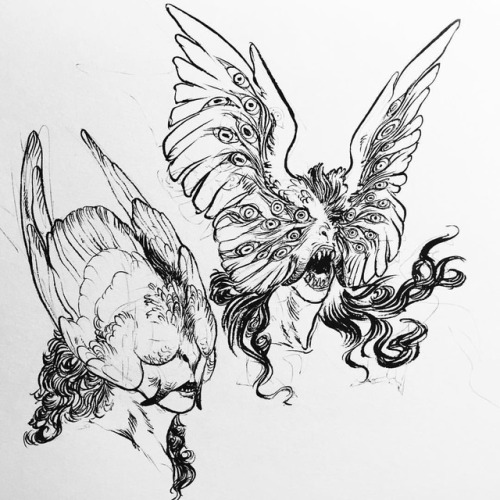
Fearsome being #sketch #ink #pen #sketchtember #angel #monster #traditional #fallenangel
So my problem with most ‘get to know your character’ questioneers is that they’re full of questions that just aren’t that important (what color eyes do they have) too hard to answer right away (what is their greatest fear) or are just impossible to answer (what is their favorite movie.) Like no one has one single favorite movie. And even if they do the answer changes.
If I’m doing this exercise, I want 7-10 questions to get the character feeling real in my head. So I thought I’d share the ones that get me (and my students) good results:
What is the character’s go-to drink order? (this one gets into how do they like to be publicly perceived, because there is always some level of theatricality to ordering drinks at a bar/resturant)
What is their grooming routine? (how do they treat themselves in private)
What was their most expensive purchase/where does their disposable income go? (Gets you thinking about socio-economic class, values, and how they spend their leisure time)
Do they have any scars or tattoos? (good way to get into literal backstory)
What was the last time they cried, and under what circumstances? (Good way to get some *emotional* backstory in.)
Are they an oldest, middle, youngest or only child? (This one might be a me thing, because I LOVE writing/reading about family dynamics, but knowing what kinds of things were ‘normal’ for them growing up is important.)
Describe the shoes they’re wearing. (This is a big catch all, gets into money, taste, practicality, level of wear, level of repair, literally what kind of shoes they require to live their life.)
Describe the place where they sleep. (ie what does their safe space look like. How much (or how little) care / decoration / personal touch goes into it.)
What is their favorite holiday? (How do they relate to their culture/outside world. Also fun is least favorite holiday.)
What objects do they always carry around with them? (What do they need for their normal, day-to-day routine? What does ‘normal’ even look like for them.)
Writing Advice: it doesn’t matter if an idea has been done before. It’s never been done by you. So long as you do it well, and in your own way, it’s a wonderful contribution.
One of the common mistakes I see for people relying on "AI" (LLMs and image generators) is that they think the AI they're interacting with is capable of thought and reason. It's not. This is why using AI to write essays or answer questions is a really bad idea because it's not doing so in any meaningful or thoughtful way. All it's doing is producing the statistically most likely expected output to the input.
This is why you can ask ChatGPT "is mayonnaise a palindrome?" and it will respond "No it's not." but then you ask "Are you sure? I think it is" and it will respond "Actually it is! Mayonnaise is spelled the same backward as it is forward"
All it's doing is trying to sound like it's providing a correct answer. It doesn't actually know what a palindrome is even if it has a function capable of checking for palindromes (it doesn't). It's not "Artificial Intelligence" by any meaning of the term, it's just called AI because that's a discipline of programming. It doesn't inherently mean it has intelligence.
So if you use an AI and expect it to make something that's been made with careful thought or consideration, you're gonna get fucked over. It's not even a quality issue. It just can't consistently produce things of value because there's no understanding there. It doesn't "know" because it can't "know".
helpful sites for writers
i have a little collection of websites i tend to use for coming up with ideas, naming people or places, keeping clear visuals or logistics, writing basics about places i've never been to, and so on. i tend to do a lot of research, but sometimes you just need quick references, right? so i thought i'd share some of them!
Behind the Name; good for name meanings but also just random name ideas, regardless of meanings.
Fantasy Name Generator; this link goes to the town name generator, which i use most, but there are lots of silly/fun/good inspo generators on there!
Age Calculator; for remembering how old characters are in Y month in Z year. i use this constantly.
Height Comparison; i love this for the height visuals; does character A come up to character B's shoulder? are they a head taller? what does that look like, height-wise? the chart feature is great!
Child Development Guide; what can a (neurotypical, average) 5-year-old do at that age? this is a super handy quickguide for that, with the obviously huge caveat that children develop at different paces and this is not comprehensive or accurate for every child ever. i like it as a starting point, though!
Weather Spark; good for average temperatures and weather checking!
Green's Dictionary of Slang; good for looking up "would x say this?" or "what does this phrase mean in this context?" i love the timeline because it shows when the phrase was historically in use. this is english only, though; i dig a little harder for resources like this in other languages.
i dont consider myself a 'fashion guru' by any means but one thing i will say is guys you dont need to know the specific brand an item you like is - you need to know what the item is called. very rarely does a brand matter, but knowing that pair of pants is called 'cargo' vs 'boot cut' or the names of dress styles is going to help you find clothes you like WAAAYYYY faster than brand shopping
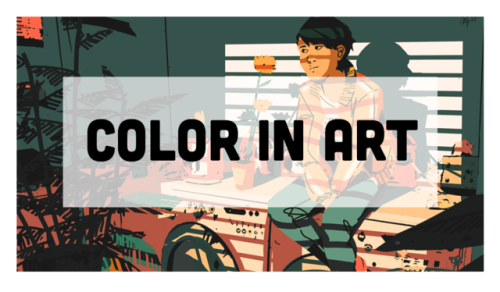









Again this is my personal take on color! It really depends on the situation and what you personally value, and in the end practice is your best friend.
links:
genice’s color practices
color palette challenge (one iteration of it; there’s lot of people who made them)
(not mentioned, but helpful)
Patrick (H) Willems’s video essays on color in film; specifically his ones on
Wonder Woman and Marvel
I thought he had one on John Wick too but I can’t find it. If you like saturated colors though, check that movie out!!
those are only a couple of exterior references, there’s lots out there!! so good luck & I hope this helped!!
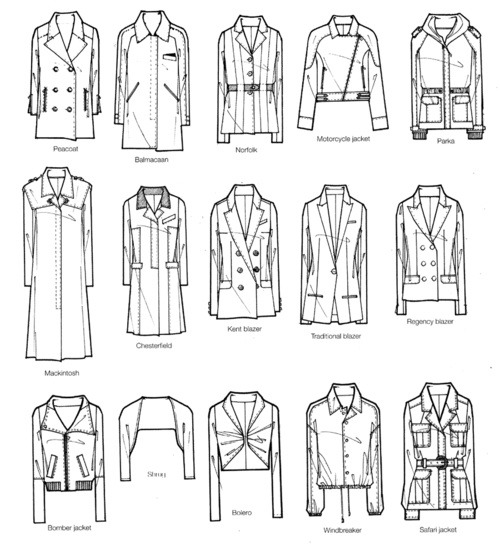
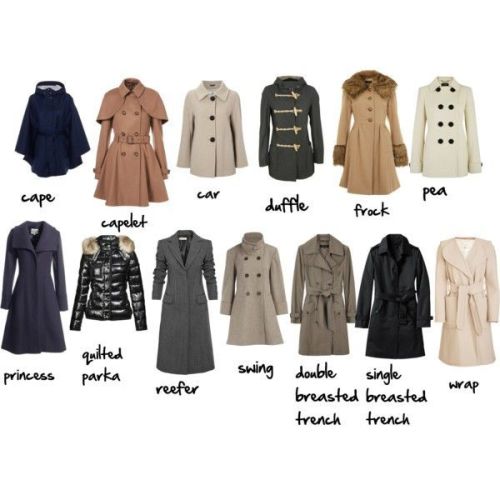
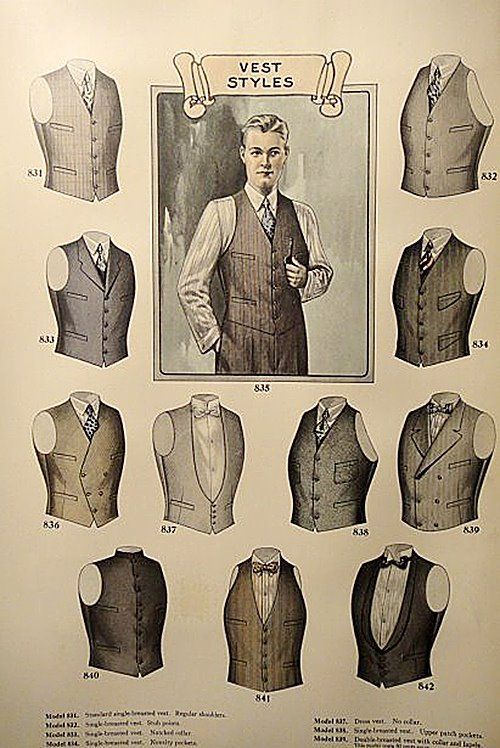
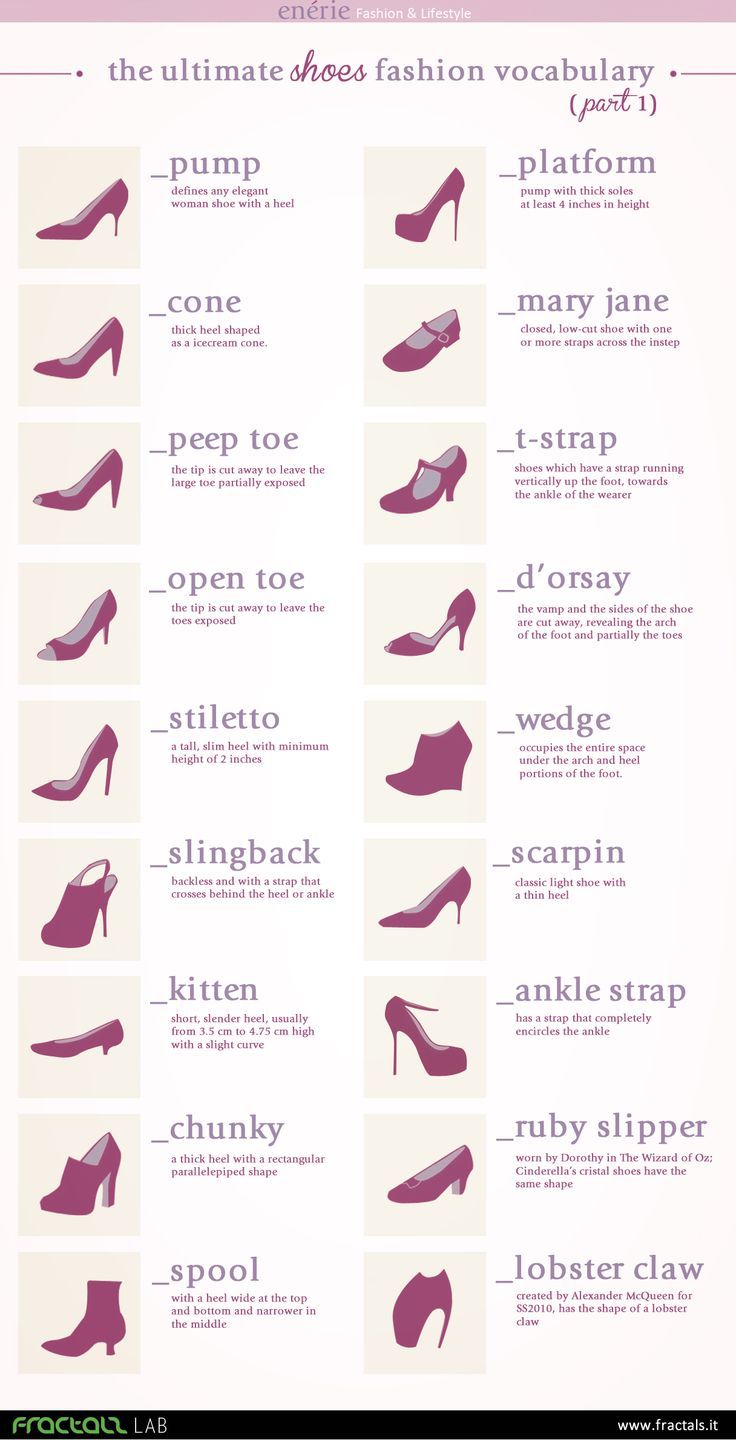

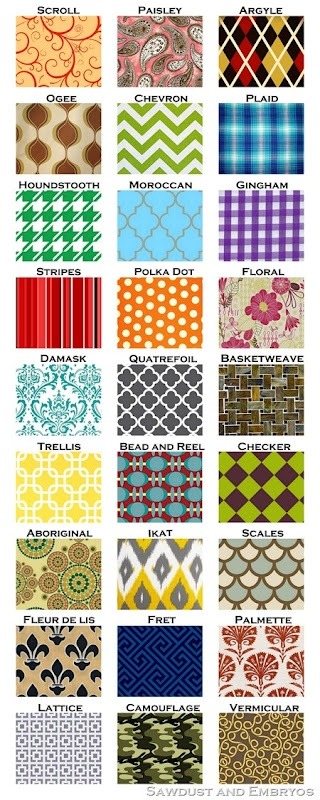
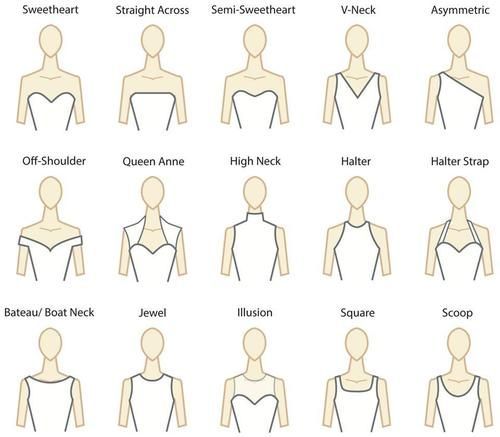
My collection of clothing references for writing.
-
 cryptidplays liked this · 1 week ago
cryptidplays liked this · 1 week ago -
 krowspiracyanon reblogged this · 1 week ago
krowspiracyanon reblogged this · 1 week ago -
 thisinhumanplace reblogged this · 2 weeks ago
thisinhumanplace reblogged this · 2 weeks ago -
 thisinhumanplace liked this · 2 weeks ago
thisinhumanplace liked this · 2 weeks ago -
 beanie-beebo reblogged this · 4 weeks ago
beanie-beebo reblogged this · 4 weeks ago -
 beanie-beebo liked this · 4 weeks ago
beanie-beebo liked this · 4 weeks ago -
 cooltutor reblogged this · 4 weeks ago
cooltutor reblogged this · 4 weeks ago -
 yoko-likes-2-save-stuffs reblogged this · 1 month ago
yoko-likes-2-save-stuffs reblogged this · 1 month ago -
 puzzlevision liked this · 1 month ago
puzzlevision liked this · 1 month ago -
 kayayayayayayay liked this · 1 month ago
kayayayayayayay liked this · 1 month ago -
 rofl-quel reblogged this · 1 month ago
rofl-quel reblogged this · 1 month ago -
 rofl-quel liked this · 1 month ago
rofl-quel liked this · 1 month ago -
 mothymyths liked this · 1 month ago
mothymyths liked this · 1 month ago -
 wardenaristraith reblogged this · 3 months ago
wardenaristraith reblogged this · 3 months ago -
 wardenaristraith liked this · 3 months ago
wardenaristraith liked this · 3 months ago -
 pita-tenten liked this · 4 months ago
pita-tenten liked this · 4 months ago -
 sabellabella reblogged this · 5 months ago
sabellabella reblogged this · 5 months ago -
 knitbyknives reblogged this · 5 months ago
knitbyknives reblogged this · 5 months ago -
 cao0227 liked this · 6 months ago
cao0227 liked this · 6 months ago -
 perfectlyholypost reblogged this · 6 months ago
perfectlyholypost reblogged this · 6 months ago -
 unknown-guesses liked this · 6 months ago
unknown-guesses liked this · 6 months ago -
 luniceity liked this · 7 months ago
luniceity liked this · 7 months ago -
 machtwotiddies reblogged this · 8 months ago
machtwotiddies reblogged this · 8 months ago -
 birdopinions reblogged this · 9 months ago
birdopinions reblogged this · 9 months ago -
 deborah124 liked this · 9 months ago
deborah124 liked this · 9 months ago -
 rubberbandballqueen reblogged this · 9 months ago
rubberbandballqueen reblogged this · 9 months ago -
 hiimsuperawkwarddontmindme liked this · 9 months ago
hiimsuperawkwarddontmindme liked this · 9 months ago -
 cosmic-flora liked this · 10 months ago
cosmic-flora liked this · 10 months ago -
 toonzreblogs reblogged this · 10 months ago
toonzreblogs reblogged this · 10 months ago -
 tinydragontoonz liked this · 10 months ago
tinydragontoonz liked this · 10 months ago -
 a-chaotic-bird reblogged this · 10 months ago
a-chaotic-bird reblogged this · 10 months ago -
 lyreofsheliak liked this · 10 months ago
lyreofsheliak liked this · 10 months ago -
 ascendeddragonsage reblogged this · 10 months ago
ascendeddragonsage reblogged this · 10 months ago -
 pied-piper-pluto liked this · 10 months ago
pied-piper-pluto liked this · 10 months ago -
 itsartrefs reblogged this · 10 months ago
itsartrefs reblogged this · 10 months ago -
 letscelebratewebcomics reblogged this · 10 months ago
letscelebratewebcomics reblogged this · 10 months ago -
 manadesia liked this · 10 months ago
manadesia liked this · 10 months ago -
 thesnakesstuff reblogged this · 10 months ago
thesnakesstuff reblogged this · 10 months ago -
 randomnow reblogged this · 10 months ago
randomnow reblogged this · 10 months ago -
 subcon-crybaby-charlie liked this · 10 months ago
subcon-crybaby-charlie liked this · 10 months ago -
 yhmain reblogged this · 10 months ago
yhmain reblogged this · 10 months ago -
 solitarysketcher reblogged this · 10 months ago
solitarysketcher reblogged this · 10 months ago -
 billyjoecobra reblogged this · 10 months ago
billyjoecobra reblogged this · 10 months ago -
 kiiblade reblogged this · 10 months ago
kiiblade reblogged this · 10 months ago -
 kiiblade liked this · 10 months ago
kiiblade liked this · 10 months ago -
 wytchcore liked this · 10 months ago
wytchcore liked this · 10 months ago
